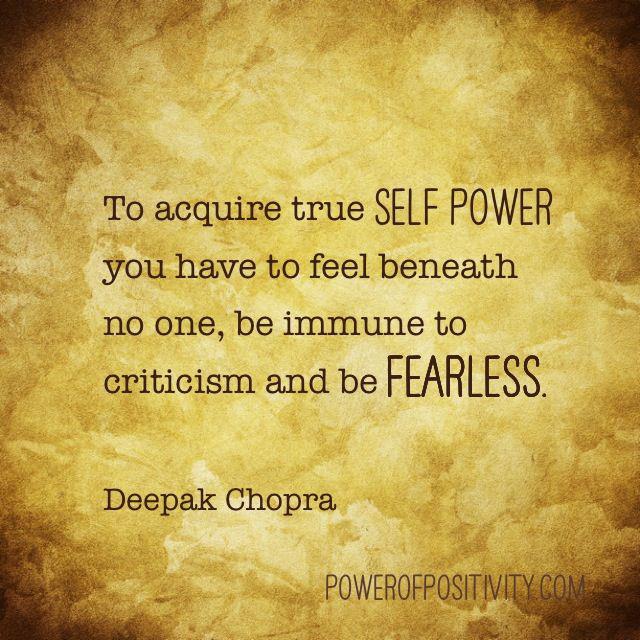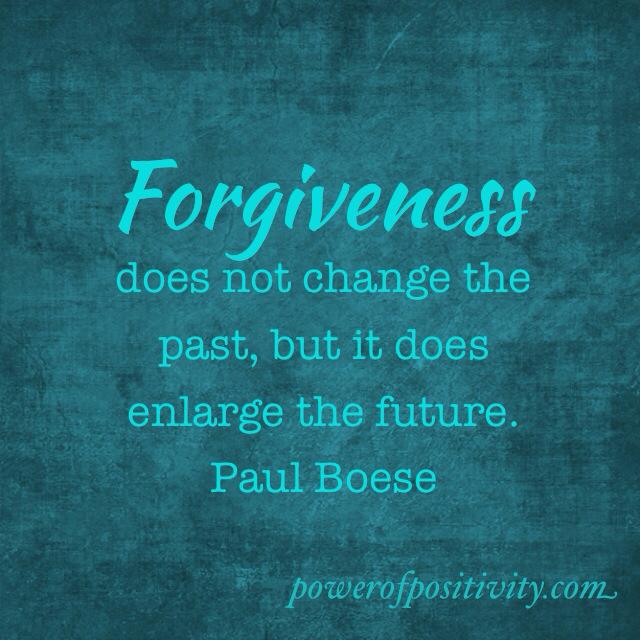When your blood starts to boil in anger because of some distressing event or something someone said, how do you usually react? Do you yell at whoever made you angry? Throw things against the wall? Get in your car and speed away to avoid the situation?
“For every minute you are angry you lose sixty seconds of happiness.” – Ralph Waldo Emerson
If you feel that your anger gets the best of you far too often, look into these peaceful techniques that will help you stay in control every time you feel your fuse running short.
Here are 5 Peaceful Ways to Manage Anger
1. Practice abdominal breathing.
According to Harvard Medical School, shallow breathing from the chest makes you feel short of breath which can make it harder to manage anger, as it increases tension and anxiety. If we breathe deeply from the diaphragm the body and mind start to relax.
You will probably have tightly clenched fists, rapid, shallow breaths, a knot in your stomach, tension in your muscles, and a swift heart rate. Most people would agree that this doesn’t feel good within their body, and want to relieve the stress they feel somehow. One easy way to do this without hurting yourself or others is to simply breathe. This will quickly diffuse the tension and make you feel centered and calm once again.
Each time you feel a bout of rage coming on, take some deep breaths all the way down into your belly, hold them for a second or two each time, and then release slowly through your nose. In order for you to gain control of your emotions, you need to stay in tune with your body and notice how you feel inside every time you get angry.
2. Regain your composure, and talk out your feelings.
Don’t beat yourself up for feeling angry; it happens to the best of us and shouldn’t be looked at in a negative light. However, letting the anger cloud your better judgment and react in a way that hurts yourself or others will always have an unfavorable outcome. If someone says or does something to trigger your anger, walk away from the situation if you have to in order to avoid unnecessarily lashing out at the person. Don’t ever let others control your emotions; remember that only you can govern your feelings and that you can take ownership of your reactions.
Once you feel calm enough, approach the person who made you angry and ask if you can peacefully discuss your feelings with them. If you go up to people in an approachable manner rather than meeting them with hostility, they will be much more likely to listen to your side of the story. Also, think of how you would want someone to talk to you – you probably wouldn’t respond very well to someone cursing you out or berating you for your words or actions. Bear this in mind when hashing things out with someone. Things will go much more smoothly this way.
3. Visualize something that makes you happy.
One surefire way to counteract the anger is to put an image in your mind of something that instantly brings you joy. Anytime you feel a negative emotion, imagine your family or friends there with you, or reminisce about a happy memory, such as seeing your favorite band in concert or going on a cross-country road trip.
Take your mind on a voyage far away from the incident that evoked anger within you, and replace it temporarily with more cheerful thoughts and memories. Then, when you come back to the disconcerting situation, you will have a much clearer, stable mindset to handle your emotions and think of solutions to the problem at hand.
4. Avoid criticizing or placing blame on others.
When you call other people out for what they did wrong, they will immediately close up and get defensive. Stick with ‘I’ statements instead, such as “I’m upset that you made plans without including me,” rather than, “You never invite me anywhere with you.” By accusing people directly, you will find that the conversation quickly turns into a battle of the egos rather than a rational, mature discussion of feelings.
Talk about how you feel without holding other people responsible for your emotions. Indeed, they will have more understanding and probably admit to their mistakes if you don’t come off too aggressively.
5. Find humor in the situation.
Zoom out for a second and remember how short this life really is – do you want to spend it taking things too seriously and overreacting when things don’t go your way? Lighten up a bit and remind yourself that people make mistakes; everyone is just trying to do the best they can. At the end of the day, having the ability to laugh at the universe when it sends you a curveball can save you a lot of unnecessary stress and wasted emotions.
Maybe your husband works in construction and constantly tracks dirt and debris throughout the house. Instead of yelling at him and getting angry, bring your sense of humor into the situation by telling him he has to earn his dinner tonight by cleaning the house spotless. This way, you both can hopefully laugh about it and come up with a solution instead of wasting valuable energy arguing.
Which one of these anger management tips could you benefit from most? Which ones could you add to the list? Share in the discussion below!









